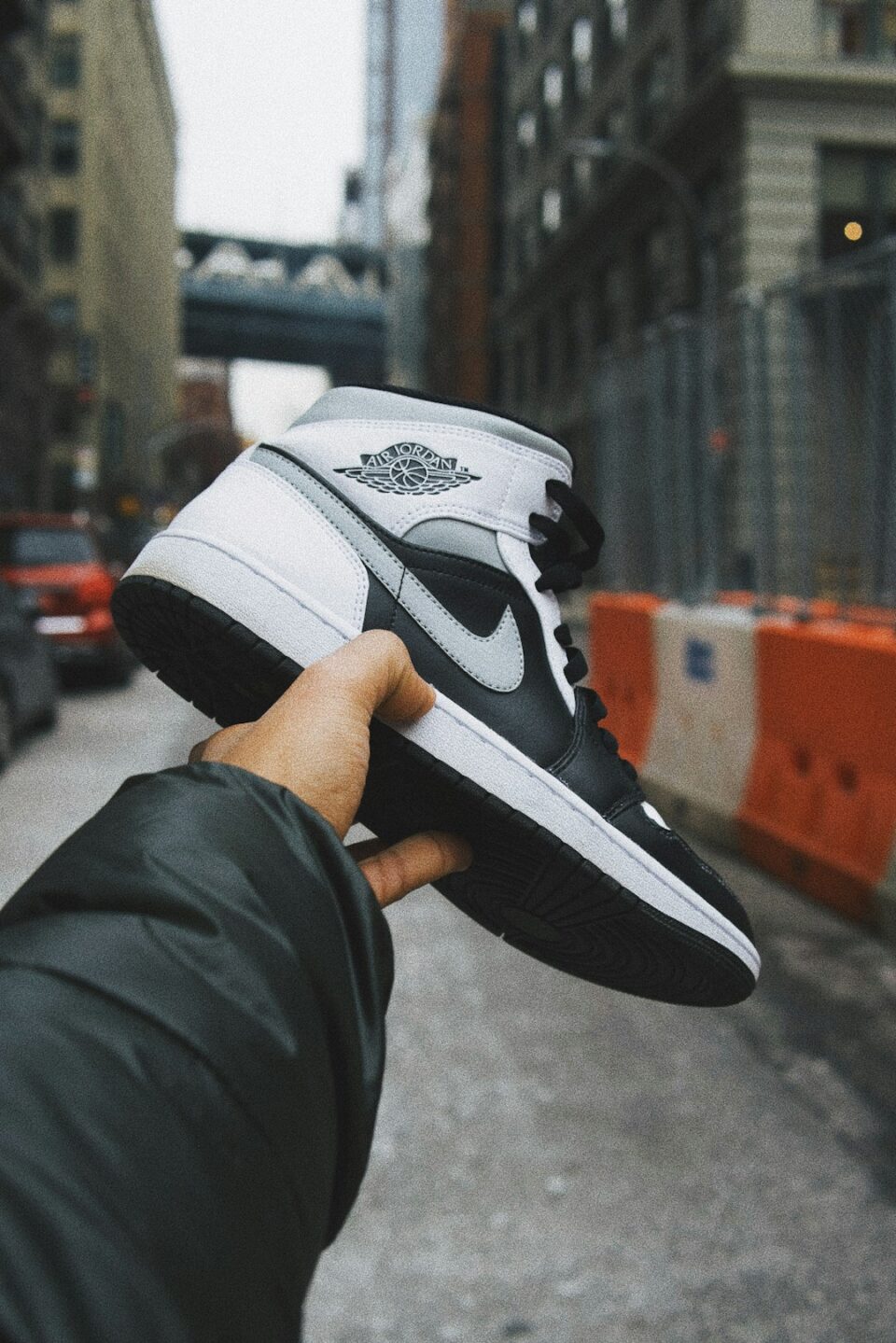In recent years, influencer marketing has become a key strategy for online retailers looking to reach new audiences and drive sales. With the rise of social media platforms like Instagram and TikTok, influencers have gained substantial influence over consumers’ purchasing decisions. In this blog post, we will explore the growing trend of influencer marketing in online retail and how it is reshaping the way brands connect with their target audience.
Influencer marketing is a form of social media marketing where brands collaborate with influencers – individuals who have a large and engaged following on platforms like Instagram, YouTube, and TikTok – to promote their products or services. These influencers are typically seen as experts or trendsetters in their respective niches, and their recommendations can have a significant impact on their followers’ purchasing decisions.
One of the reasons influencer marketing has become so popular in the world of online retail is its ability to reach highly targeted audiences. Unlike traditional forms of advertising like print or TV ads, influencer marketing allows brands to connect with consumers who are already interested in their niche. For example, a beauty brand could partner with a beauty influencer to promote their latest skincare products to an audience that is passionate about cosmetics.
Additionally, influencer marketing offers a level of authenticity that traditional advertising often lacks. Consumers are more likely to trust recommendations from influencers they follow and admire, as opposed to ads that come directly from brands. By leveraging the credibility and authenticity of influencers, brands can create more meaningful connections with their target audience and drive higher engagement and conversion rates.
Another key benefit of influencer marketing for online retailers is its ability to drive sales. Influencers have the power to generate buzz around a product or service and encourage their followers to make a purchase. In fact, a study by Influencer Marketing Hub found that for every $1 spent on influencer marketing, brands earned an average of $5.78 in return. This high return on investment makes influencer marketing an attractive strategy for brands looking to boost their online sales.
The rise of influencer marketing in online retail has also led to the emergence of a new breed of influencers – micro-influencers. These are individuals with smaller, but highly engaged, followings that can be just as effective in driving sales for brands. Unlike mega-influencers with millions of followers, micro-influencers often have a more niche audience that is highly receptive to their recommendations. This makes them a valuable resource for brands looking to reach specific demographics or market segments.
In addition to driving sales, influencer marketing can also help online retailers increase brand awareness and visibility. By collaborating with influencers who have a strong presence on social media, brands can tap into their follower base and reach a wider audience than they could on their own. This increased visibility can help brands stand out in a crowded marketplace and attract new customers who may not have been aware of their products or services otherwise.
Furthermore, influencer marketing can provide online retailers with valuable insights into their target audience. By monitoring the engagement and feedback generated by influencer campaigns, brands can gain a better understanding of what resonates with their customers and tailor their marketing strategies accordingly. This data-driven approach can help brands optimize their campaigns for better results and improve their overall marketing efforts.
Despite its many benefits, influencer marketing is not without its challenges. One of the biggest concerns for brands is ensuring that their partnerships with influencers are authentic and transparent. With the rise of influencer fraud and fake followers, brands must carefully vet potential influencers to ensure they have a genuine and engaged following. Additionally, brands must ensure that influencers disclose any partnerships or sponsored content to comply with regulations set by the Federal Trade Commission (FTC).
In conclusion, the rise of influencer marketing in online retail has revolutionized the way brands connect with their target audience. By leveraging the influence and credibility of influencers, brands can reach highly targeted audiences, drive sales, increase brand awareness, and gain valuable insights into their customers. As social media continues to evolve, influencer marketing will only continue to grow in importance as a key strategy for online retailers looking to stay ahead of the competition.

